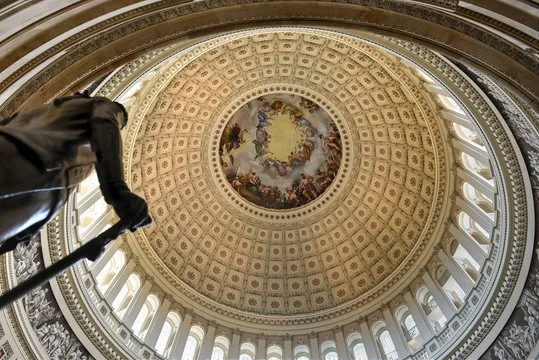I learned early the cruciality of digital security to personal security. Growing up, my access to government-supported healthcare and food stamps hinged on navigating web portals and the correct input and processing of my personal information. I regularly forfeited personal information and privacy to access critical services, and became poignantly aware of the entanglements between data and power.
Data based technologies, like AI, have awe-inspiring potential to support increased quality of life – from increasing quality of government service, to advancing medicine, discovering new advanced materials, and predicting floods and food supply. But too often the technologies are designed to benefit those already benefiting, entrenching existing power dynamics.
Just as the benefits of technologies are unequally distributed, so too are the harms. A mom struggling to make next month’s rent can be pushed towards eviction if a software error cuts off their access to food benefits. Small businesses with limited cybersecurity resources and non-profits, such as human rights agencies, can have their employees’ financials compromised and their operations halted by a cyber-attack. Veterans can be targeted to spread disinformation. And surveillance technologies exported to third countries can strengthen non-democratic control and be used to harm those already at risk.
I want to make sure that we all benefit from the technologies of today, and that we lay the groundwork to secure the technologies of the future. Cybersecurity is a wicked problem with a diversity of stakeholders. I’ve explored solutions from a range of perspectives, including working with a cybersecurity company, UN bodies, the executive branch, and academic research. Thanks to TechCongress, I have the chance to help grow the hard work of Congress, building up digital security to support personal, economic, and U.S. national security.
